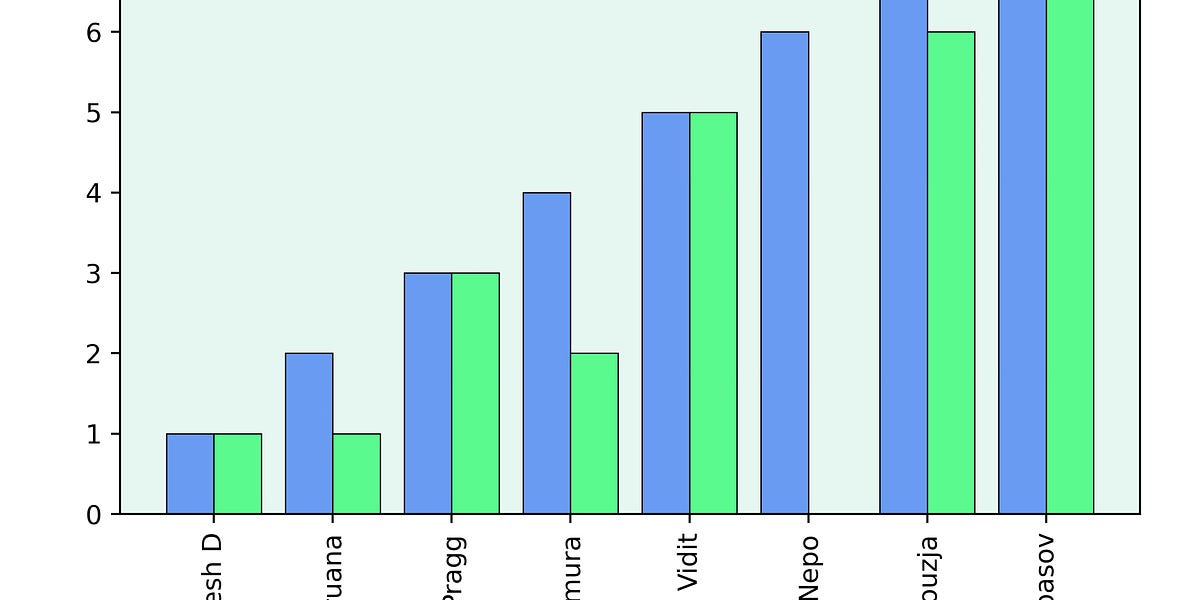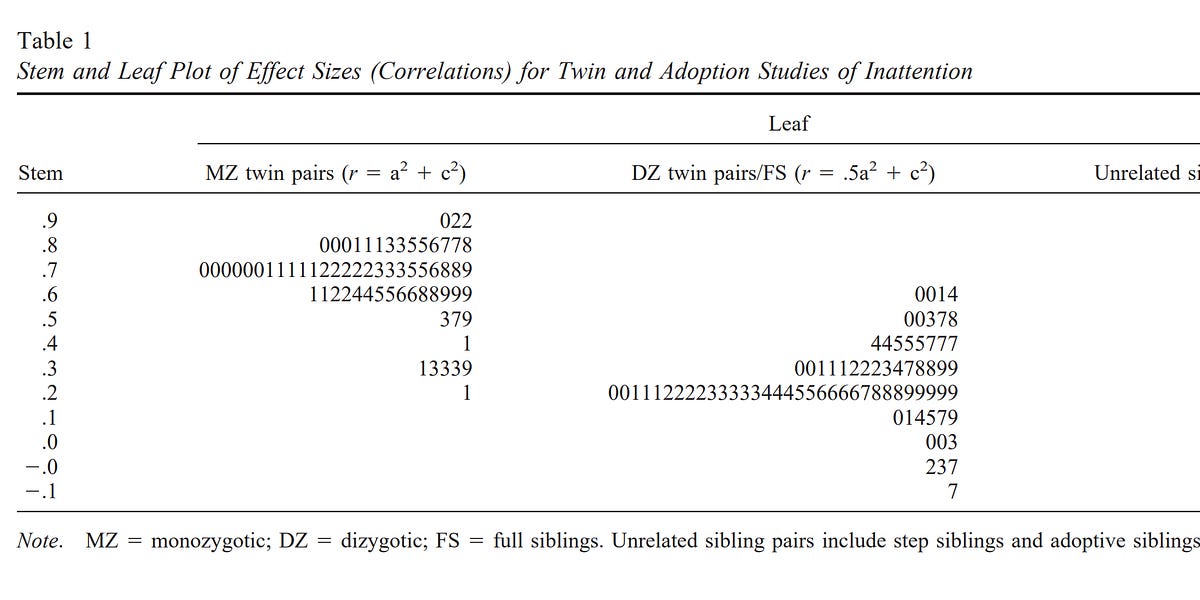
The birthplace of the modern apple
When a Russian scientist identified the Malus sieversii as the progenitor of the domestic apple, harvests in Kazakhstan’s forests were bountiful; now this wild fruit is threatened.
Winter’s cool indifference had already embraced the snow-tipped peaks of the Tian Shan mountain system, winds whispering the tall trees into a state of undress.
“It is cold,” said Alexey Raspopov, a guide with Trekking Club Kazakhstan, pointing to the dashboard thermometer of his 4x4 as we ascended, leaving Kazakhstan’s second city Almaty to disappear beneath a layer of smog.
After driving for about two hours to the Turgen Gorge, we abandoned the vehicle and continued on foot. The climb was not difficult, but biting gusts threatened to take the feeling from my fingertips and steal the words from my lips as I asked Raspopov, who has led hikes in the region for the past 30 years, about the landscape that unfolded before us.
“It has changed a lot,” he said, calling upon the dissolution of the Soviet Union, the thickening pollution and a shrinking glacier to illustrate his point – not that he needed to. The near disappearance of the forests of Malus sieversii, or wild apple, that once blanketed the foothills of the Trans-Ili Alatau section of the Tian Shan mountains (which also stretches to Kyrgyzstan), are testament enough to the changing times.
Leave a Comment
Related Posts

Adobe Illustrator and InDesign will run natively on Apple Silicon: Create faster and more efficiently than ever before
Comment










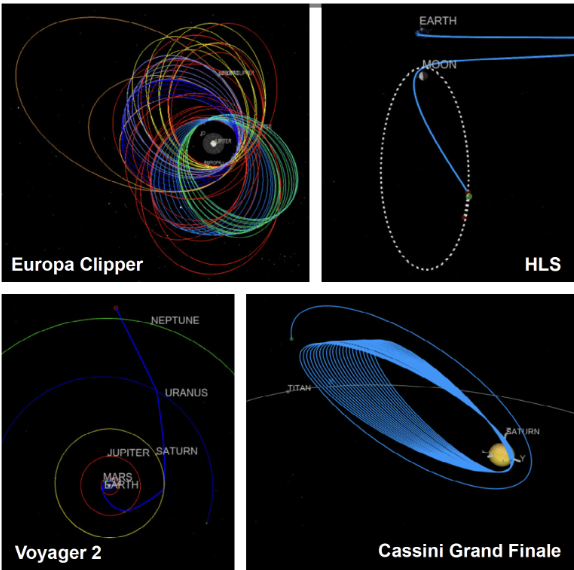
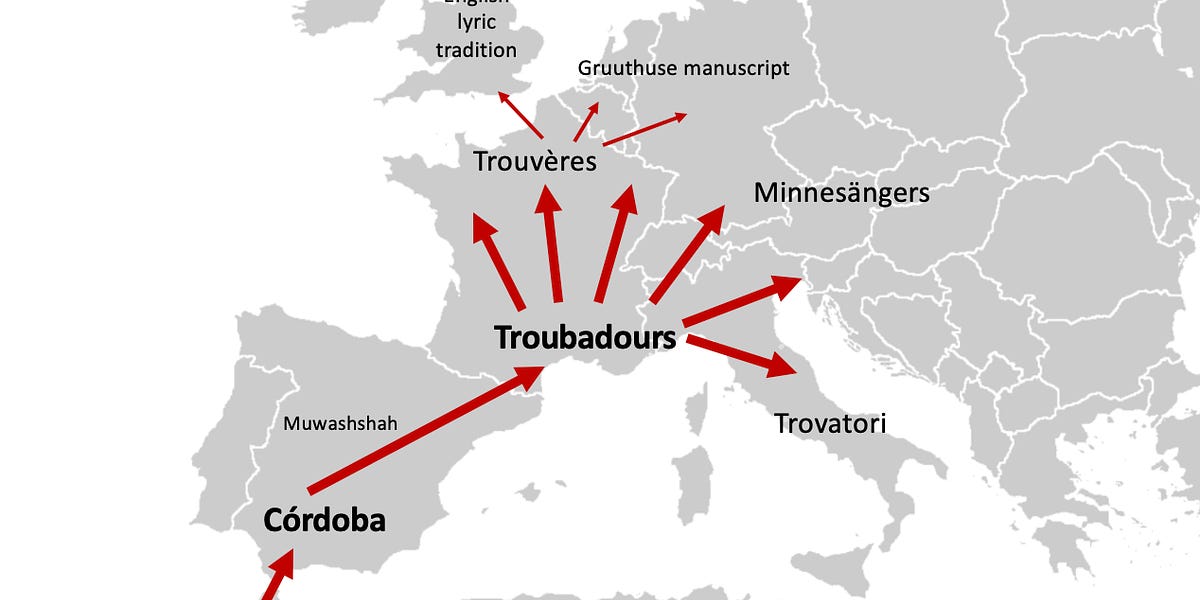
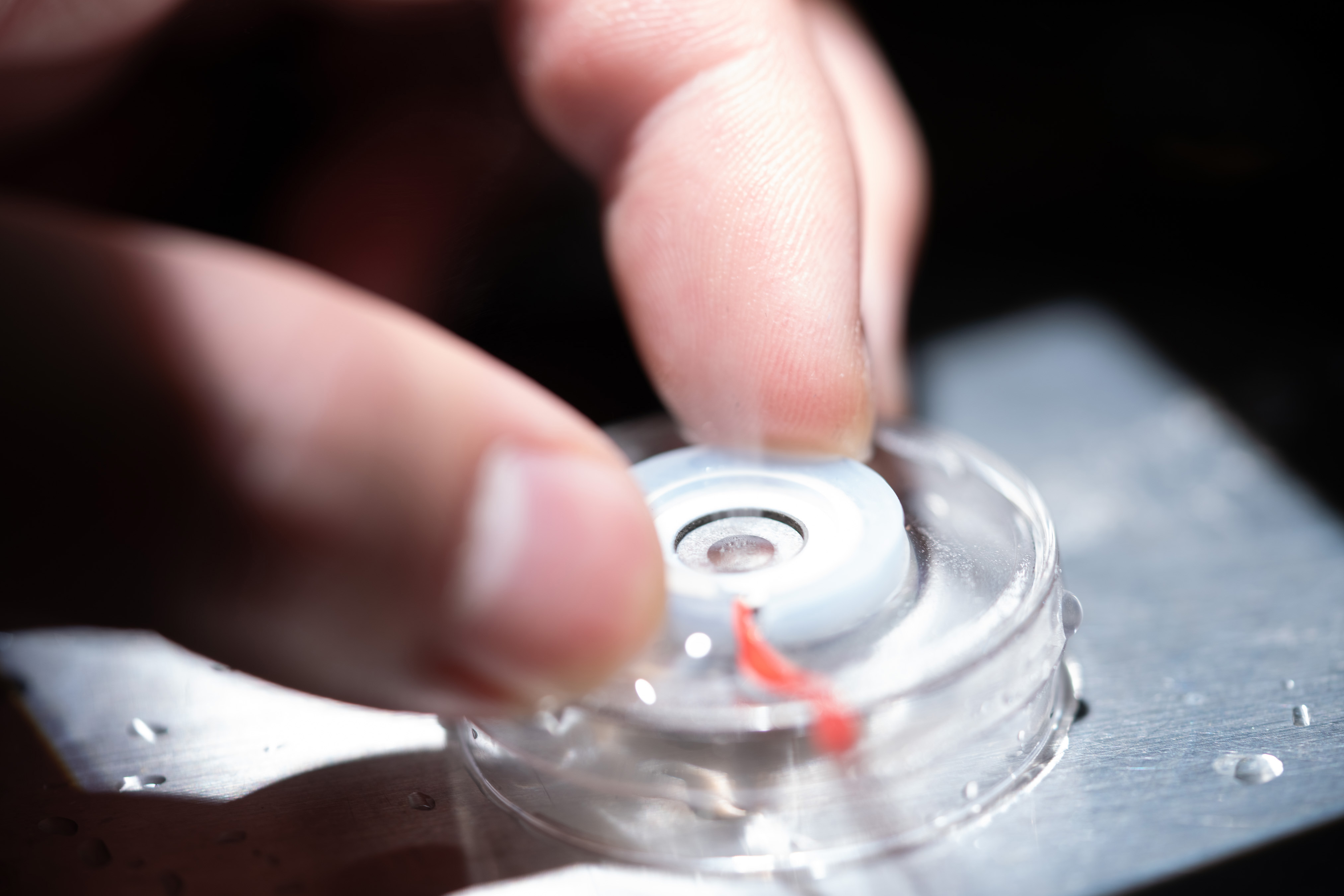
/cdn.vox-cdn.com/uploads/chorus_asset/file/25419483/247092_Student_activist_doxxing_AKrales_1438.jpg)

